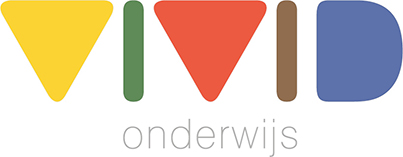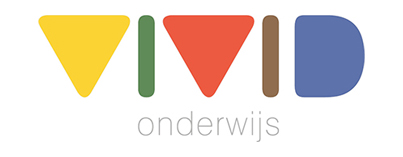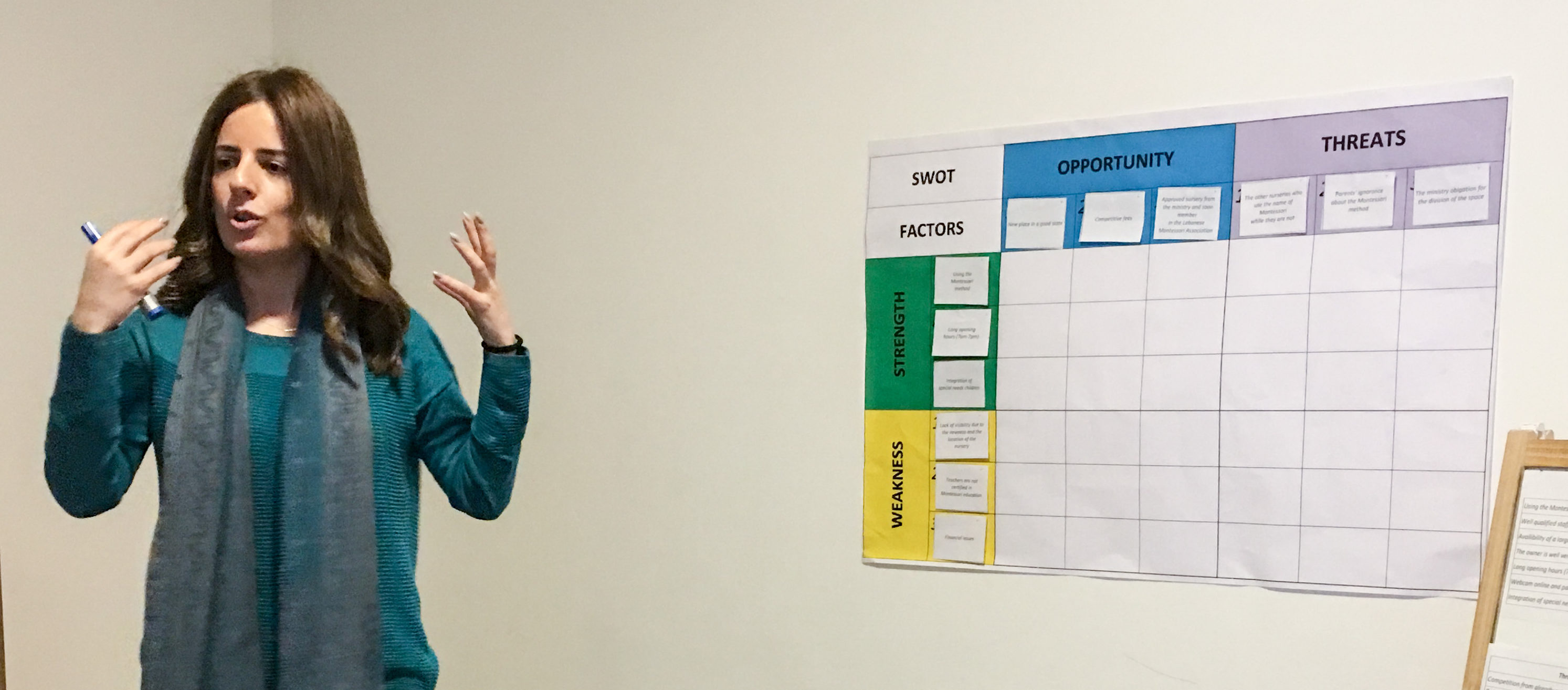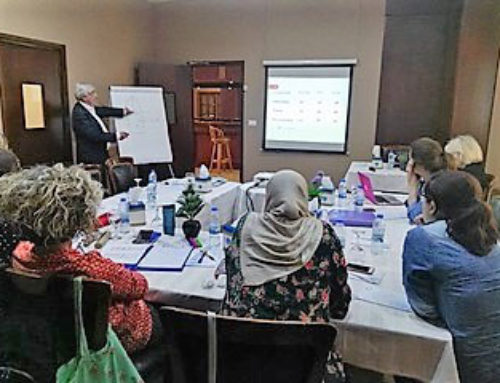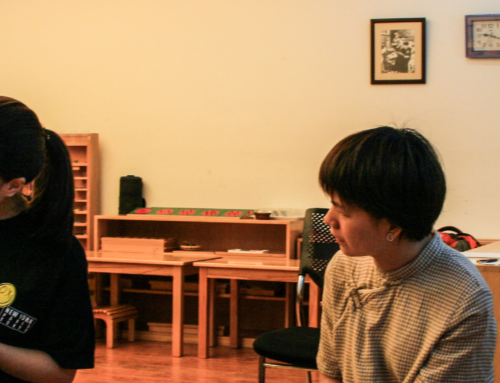Project Description
Advanced Teacher Educational Program (ATEP) – Innovation Coach
ATEP (Advanced Teacher Education Program)
‘Teach me to do it myself’
Learning to coach in the perspective of innovation
In total: 110 hours: 80 contact hours (minim. attendance is 90%), 30 hours of study, practice and one hour exam.
Language: English
Goal of this training is to educate teachers/middle management as innovation coach. During this course participants get knowledge around effective school development and coaching. They strengthen own skills to coach (starting) teachers and they learn how to offer a contribution, based on theories, to the educational development of the institute / school.
The task of the innovation coach is to consolidate and to improve further school development. It’s their job to support and guide systematically their fellow teachers at the maintenance of the learned skills. They describe early developments in the quality of education and consult regularly with the school directory about desired follow-up activities.
The ATEP Certificate of the NMV will reached out when the Candidate has a full required Portfolio and has reached the required level of coaching in practice. To practice the candidates finds an institute or school organization by themselves. They need to have a written commitment with this institute / school where they can exercise as coach in innovating situations. During the course the trainers visit the candidates at least one time in the institute to give supervision during a coaching activity with the team.
Portfolio: a description of an innovation project in an institute or school. With G-Starr’s, homework, research in SWOT*, CBAM**, evaluation techniques and organizational procedures. The portfolio is a document which is supervised by the trainers. Together with the evaluation of the visit in the practice by the trainers it will be the document for the exam.
The content of the course is divided in coaching, analyzing institutes / schools (SWOT), work with psychological aspects of innovation (CBAM) and organizing an innovation process in clear steps with a guaranteed result (Joyce and Showers).
Coaching (tools for innovation):
Collegial coaching (12 hrs.)
Confrontational coaching (15 hrs.)
Consulting coaching (8 hrs.)
SWOT* about people, situations and environment (15 hrs.)
Analyzing institutes / schools (tools for research):
Observation and interpretation
Practice with expected and unexpected situations in the school development.
CBAM**: (psychological actors and emotions)
concerned based adoption model (15 hrs.)
Positive and negative forces in innovation processes.
Understanding the engagement orientations and resistance in innovation practices.
Activities in specific stages.
Joyce & Showers (15 hrs.)
Coming to practical approach of the school development by applying the conducting steps and tools.
Proves of Knowledge:
Acquire an overview in the guidance and coaching process.
Understanding the continuum of guidance skills.
Understanding the strong and weaker aspects of your situation.
Being able to formulate SMART goals for a supervision plan.
Being able to conduct a coaching conversation.
Understanding the own blind spots at coaching.
To know how to deal with resistances.
Knowing how to lead meetings: opinion and decision making
Knowing how to make a supervision plan.
Knowing how to deal with the stages of involvement.
Recognize and deal with verbal and nonverbal behavior.
Knowing how to work on personal effectiveness.
Knowing how to think from different perspectives.
Practice of coaching: analysis and plan of action for the school.
Learn how to deal with ‘difficult participants’.
I-messages and learn to handle observations.
Proves of Attitudes:
Flexible and being accepting,
integrity and tact,
involvement in problems of school development and change.
Working in a business mentality: a deal is a deal culture.
No-nonsense and no-excuses orientation and taking responsibility.
Content orientated stimulating.
Respecting other opinions.
Proves of Skills:
Asking questions and giving feedback
Active listening, mirroring, clarifying
Conversation and meeting techniques
Confronting while maintaining relationship
Dealing with resistance and resistors
Planning SMART
Organizing development
Instruction techniques
Observation
Analyzing the school development
Interview
Working with cases
Used Instruments (general and specific):
Checklists
Audits
Stages of concern
Time on task and Diagrams
Evaluations
Lesson study
Work styles of the course:
Information of Theory
Demonstrations
Exercises with feedback and reflection
Practicing and automatization of skills
Integration of knowledge and attitude
Coaching and supervision
Evaluation
Literature: personal study integrated in the portfolio.
